It was Scottish football’s ultimate game of win or bust.
Jim Duffy knew the stakes couldn’t be higher as he led his Dundee players out at Perth’s McDiarmid Park on October 25 1995 for the League Cup semi-final against Airdrie.
The shutters would go up at Dens Park if his team lost.
That was the grim financial outlook for the Dark Blues – defeat was not an option.
But the player-boss didn’t want to put extra pressure on his team and managed to keep it under wraps in the dressing room.
He also got an injection for a shoulder injury and played through the pain barrier as he helped Dundee reach the final against Aberdeen.
Neil McCann’s wonder goal, with the clock running out, was truly historic.
The revenue from getting to Hampden prevented the club from going out of business and, looking back, Duffy admits it was the “most important match of my career as a manager”.
He told The Courier: “This was different because you were talking about people’s livelihood.”
Duffy signed for Dundee in 1985
In a decade of ill-advised shoulder pads and mullets, he was the cultured bald eagle whose defensive play in the 1980s drew comparisons with Liverpool’s Alan Hansen.
He was the Scottish Players’ Player of the Year when he signed for Dundee from Morton in 1985 before his career was cut short by a knee injury at Ibrox in 1987.
Duffy became the youngest manager in Britain when he joined Falkirk in 1988 and took the club to within a point of being promoted to the Premier League.
He made a playing comeback with Dundee in 1990 and signed for Partick Thistle before eventually returning for a third time to Dens Park under Simon Stainrod in 1992.
Duffy eventually replaced the charismatic Stainrod in 1993 and worked miracles on a shoestring budget during the stewardship of Canadian millionaire Ron Dixon.
Dixon had largely left his directors to fend for themselves following relegation to the First Division and the Dark Blues were living a hand-to-mouth existence.
Duffy said: “It was an enjoyable time during my first spell in charge despite the circumstances because of the people in and around the club at that time.
“It’s not often a manager and a board of directors have such a close relationship but everybody was working off the same page and understood the financial difficulties.”
Ice hockey was Dixon’s game.
He got involved at Dens in 1992 after buying and eventually disposing of the Kingsway ice rink to the William Low supermarket chain in a £1.9 million deal.
“Ron was a larger-than-life character and I really liked him although he knew little about football and some of things he used to say were just comical,” said Duffy.
“He used to call the strips costumes, would refer to goalkeepers as ‘goal tenders’ and thought the goalposts were making the greyhound track look untidy.
“These are all true stories but I got on well with him and he allowed us to get on and run the club without any interference which is very rare in football.
“The only influence he had was that he wanted a certain amount of money at a certain time and that was my remit because I was the one that had to find it!
“Nine times out of 10 that was through player sales and those are all things that you couldn’t tell the supporters so you had to take it in the neck.
“But that was my job – I was an employee.
“If you want to keep your job and keep the club afloat you had to pay him.”
Duffy guided the Dens side to the 1995 League Cup semi-final after bringing through players including Neil McCann, Jim Hamilton and Iain Anderson.
But Dundee were skint and Dixon wanted his money.
“In the semi-final only myself and a couple of the directors knew the consequences of not getting to the final and that would be the club going to the wall,” said Duffy.
“We had to win that game but obviously I couldn’t tell the players the magnitude of it all because they were under enough pressure so we managed to keep that under wraps.
“After the game Malcolm Reid came into the dressing room and had tears in his eyes as he hugged me because we knew that getting the final would keep the club afloat.
“I think the enormity of it all hit home because of what it meant.
“It was my most important match as a football manager.
“I’ve been involved in matches where you need a win to be promoted or you are fighting to stay up.
“This was different because you were talking about people’s livelihood.
“You were talking about losing a club with such a rich history, alongside the enormity of what Dundee FC means to not just the supporters but the city itself.
“So you can’t underestimate how important a time that was.”
Sadly, against top-flight Aberdeen, Dundee fell to a disappointing 2-0 defeat at Hampden with goals from former Dee Billy Dodds and Duncan Shearer.
“Perhaps we didn’t perform well in the final because there was such an overwhelming sense of relief just to have got there – that overwhelmed everybody, especially myself.
“Maybe that filtered down to the players once word started to get out after the semi-final because the most important thing for everyone was the security of the club.”
Duffy inherited a squad of under-achievers when he left to join Hibernian in 1996 and was sacked after just 13 months with the Easter Road side bottom of the league.
A link with ex-Dundee team-mate Graham Rix prompted a move to Chelsea as youth coach where his influence was significant in John Terry’s development as a defender.
Duffy then joined Portsmouth after Rix was appointed manager.
He stepped down just six months before he was asked by the Dens Park board to make a surprising return to Dundee in the summer of 2002 for a second stint in charge.
His second spell saw him lead Dundee to their first Scottish Cup Final since the 1960s glory days of Bob Shankly and qualify for Europe for the first time in 29 years.
It wasn’t long before the Dark Blues ran into financial difficulties.
Owners Peter and Jimmy Marr hoped Giovanni di Stefano would be a white knight but his financial promises failed to materialise despite the signing of Fabrizio Ravanelli.
Dundee were placed in voluntary administration with debts of £23 million in 2003.
From Ron Dixon to Delia Smith…
Duffy went from one extreme to the other and later managed Hearts under Vladimir Romanov and was caretaker boss at Norwich City under Delia Smith.
“There won’t be many who can say they worked under Ron Dixon, Ken Bates, Milan Mandaric, Giovanni di Stefano, Vladimir Romanov and Delia Smith,” said Duffy.
“I was very lucky that I was a young manager when I worked with Ron because it stood me in good stead when I met all those characters further down the line.”
Duffy will be speaking about his two spells in charge of Dundee alongside former managers Archie Knox, Jocky Scott and Simon Stainrod on November 3.
The Events 105 evening at Duck Slattery’s in association with the Dundee Supporters Association will be hosted By The Up Wi’ The Bonnets Podcast.
“I’ve a real connection with Dundee,” he added.
“If I hadn’t moved to Chelsea I would have ended my days in Broughty Ferry because we had a great time as a family there and the people have always been fantastic.
“Being a Dundee player and manager was one of the happiest periods of my life.
“I’ve got such an attachment with the club which will never leave me.”
Tickets for The Managers at Duck Slattery’s are on sale now.
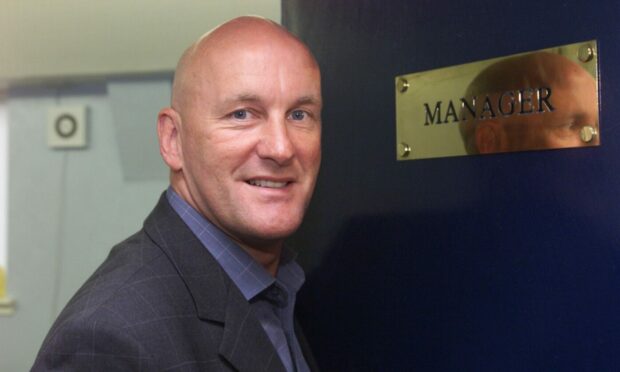
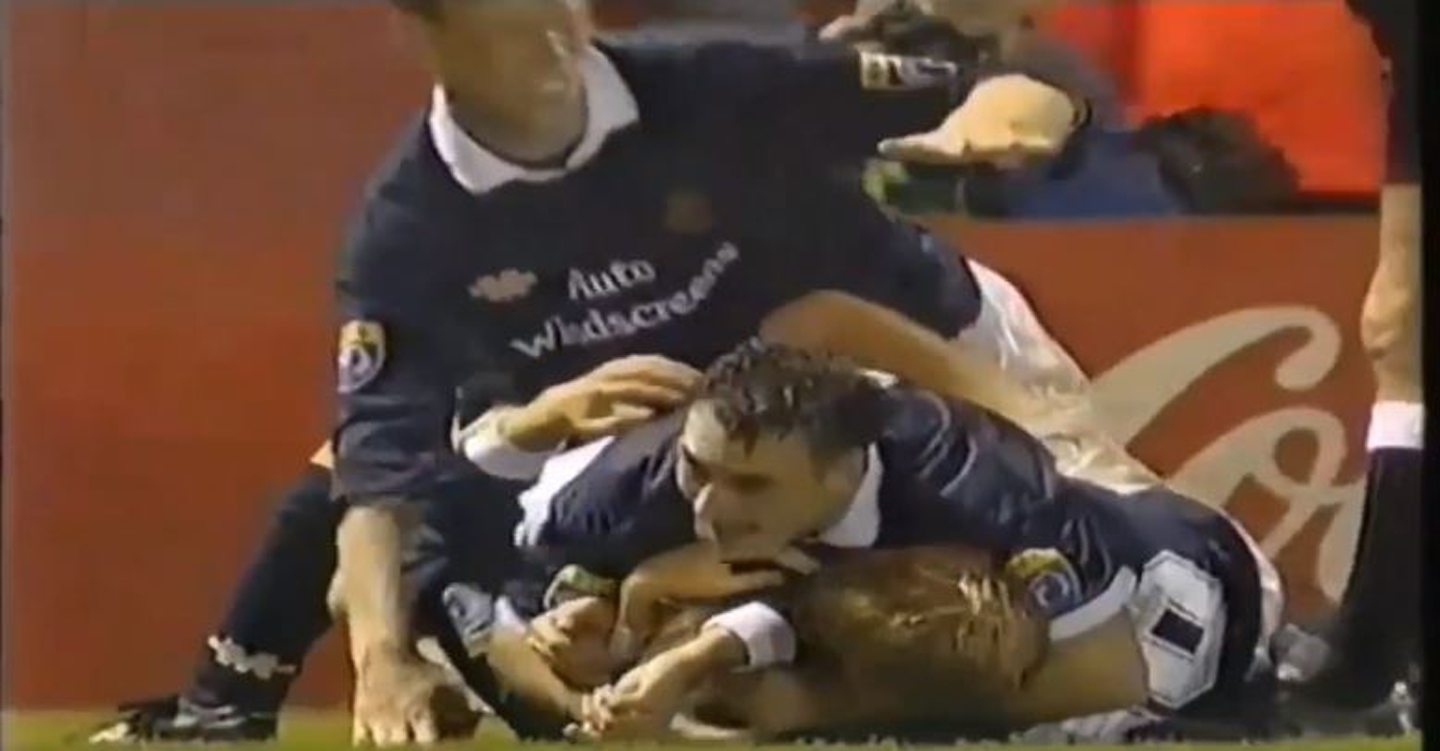
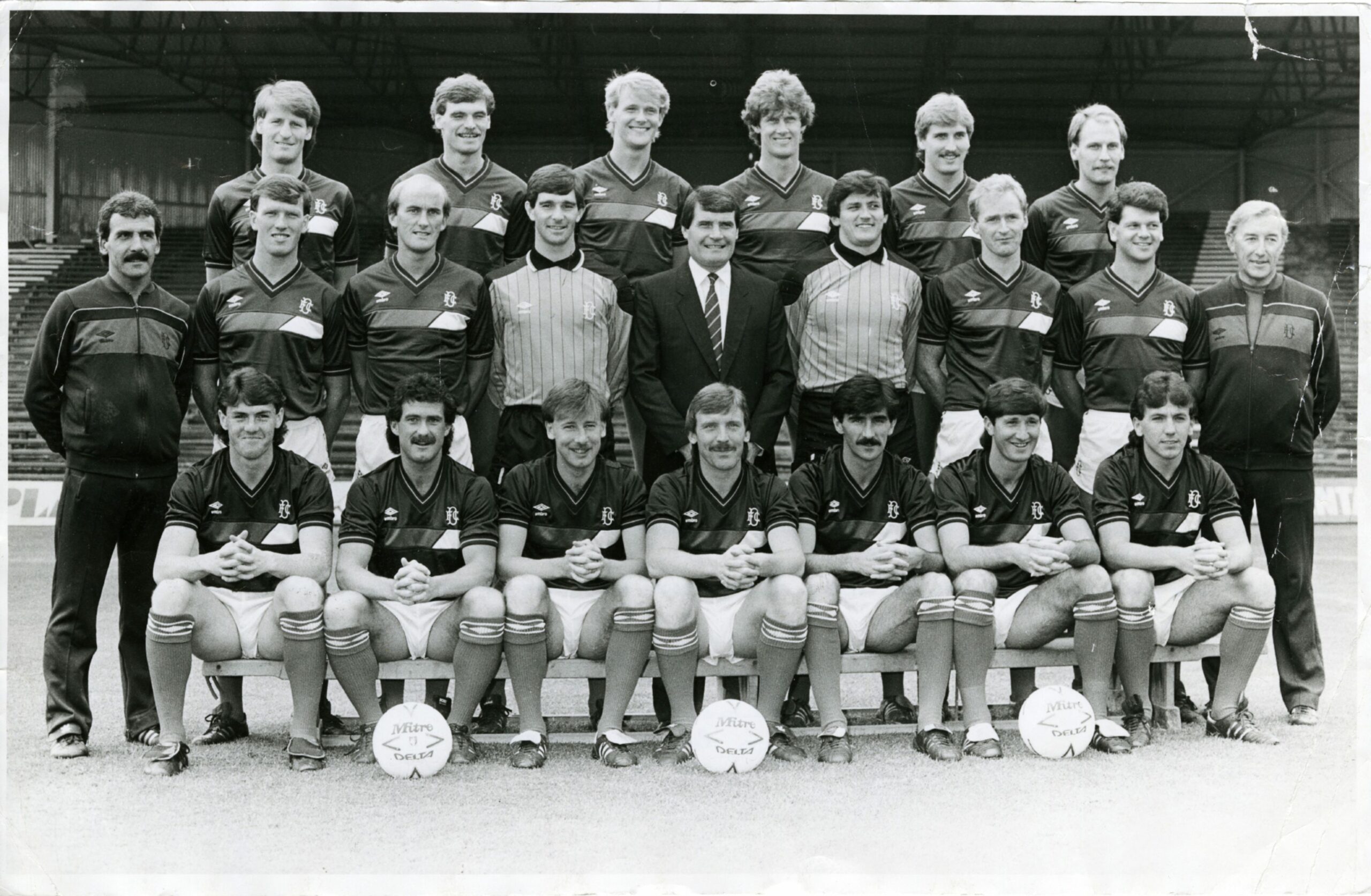
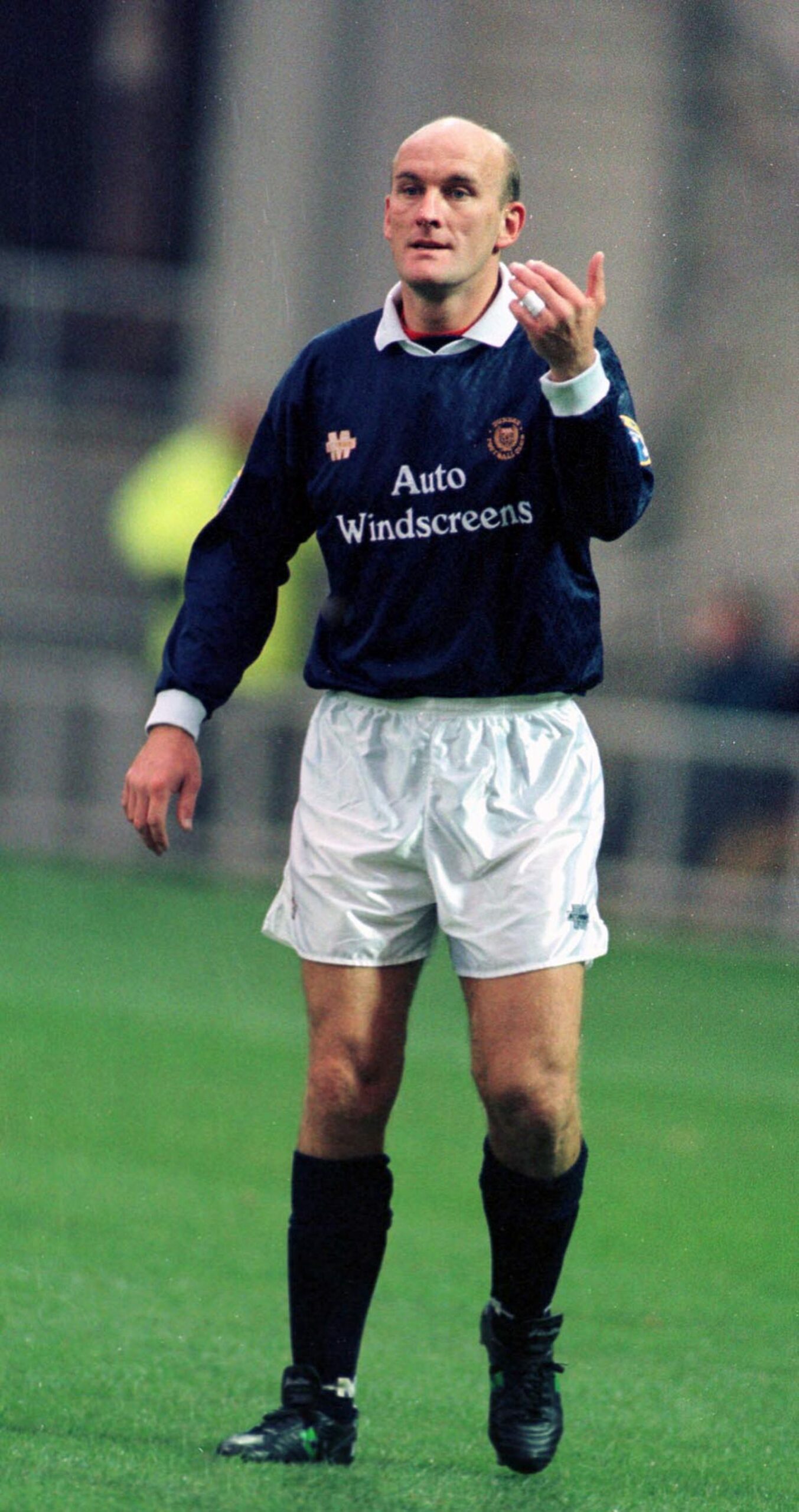

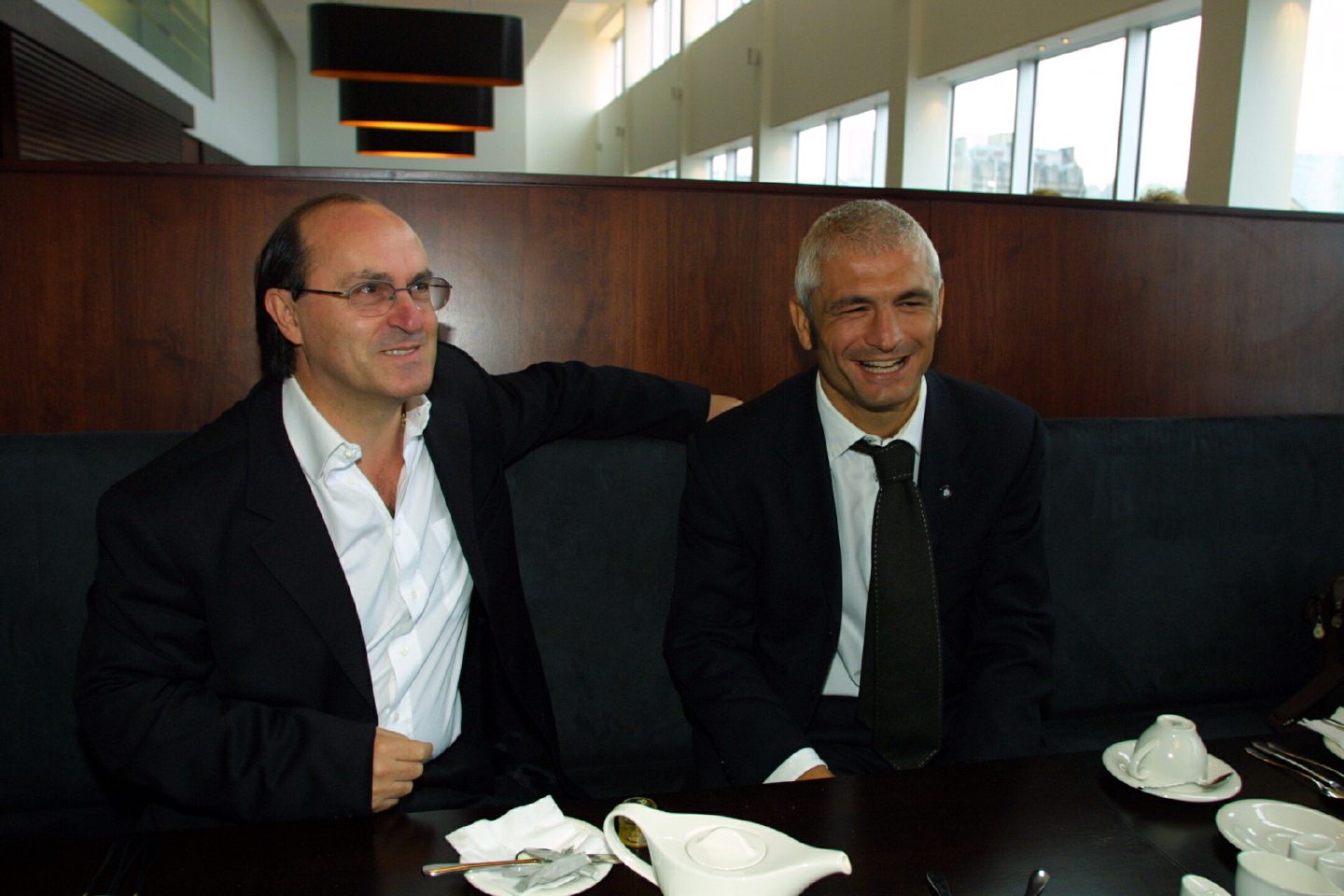
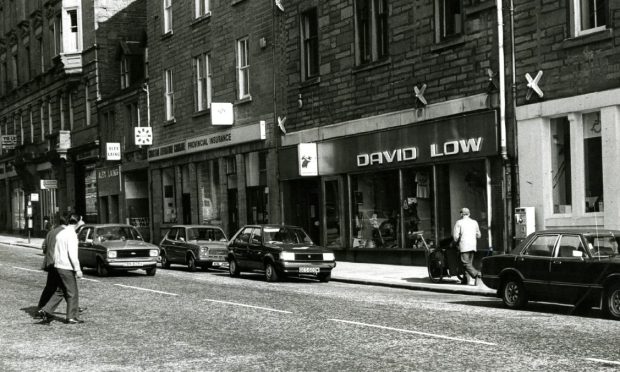
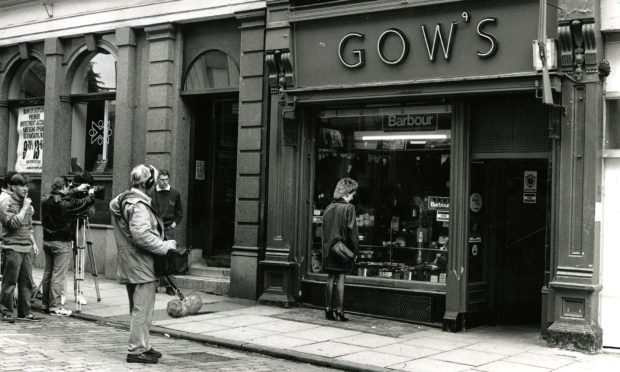
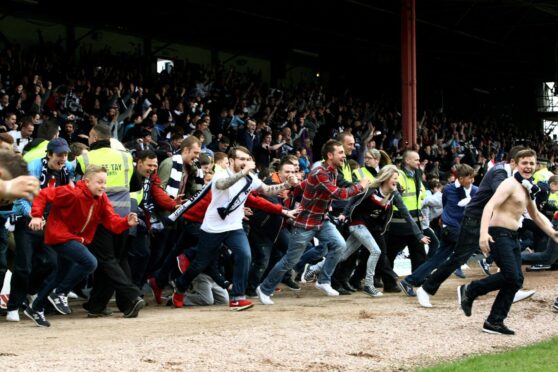
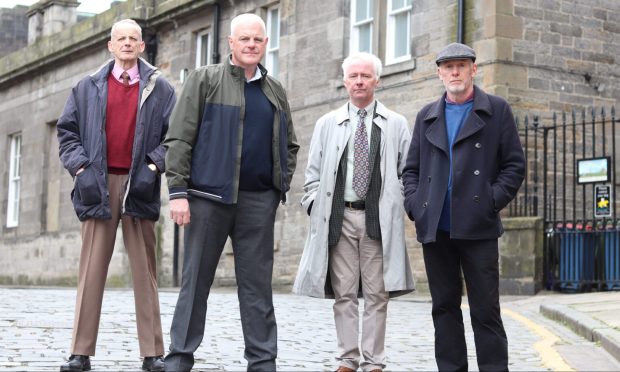
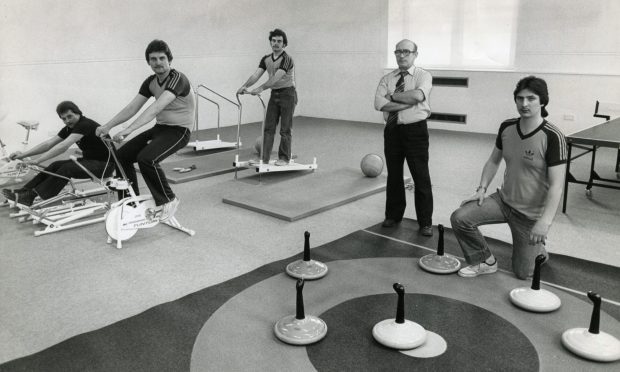
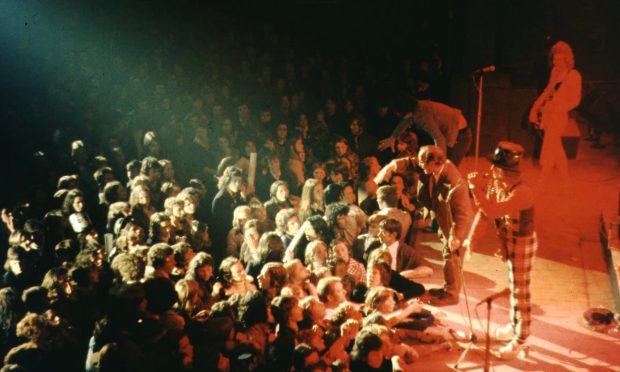
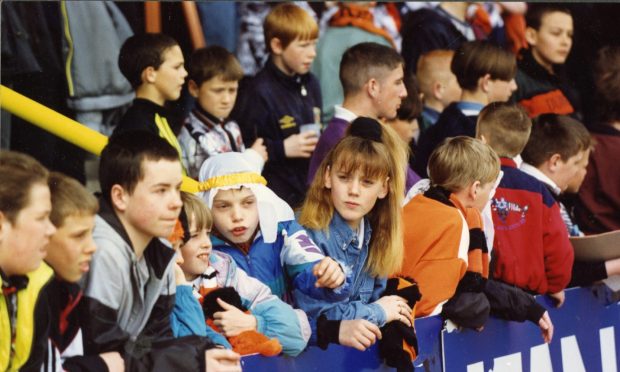
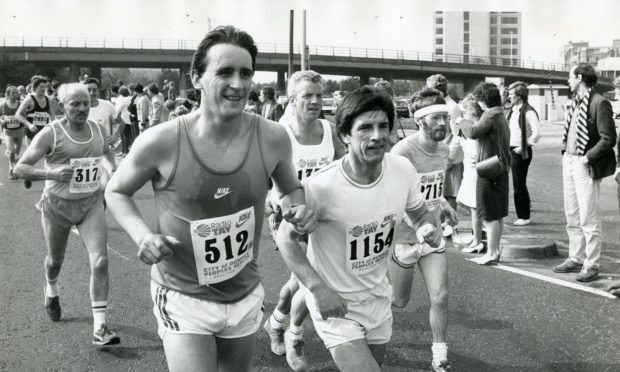
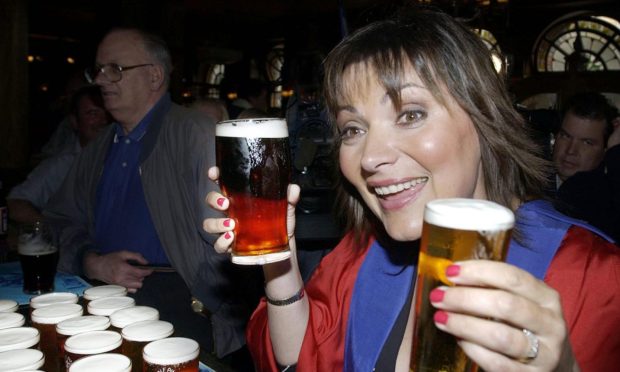
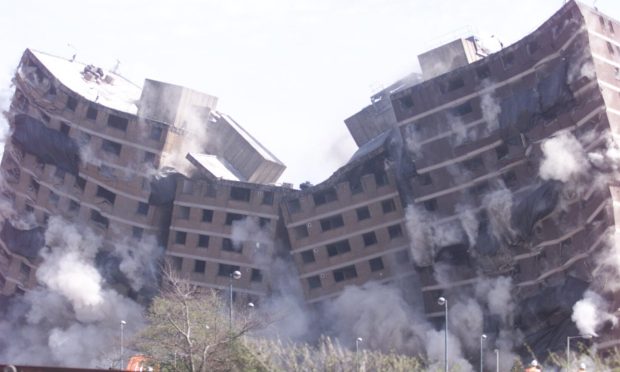
Conversation